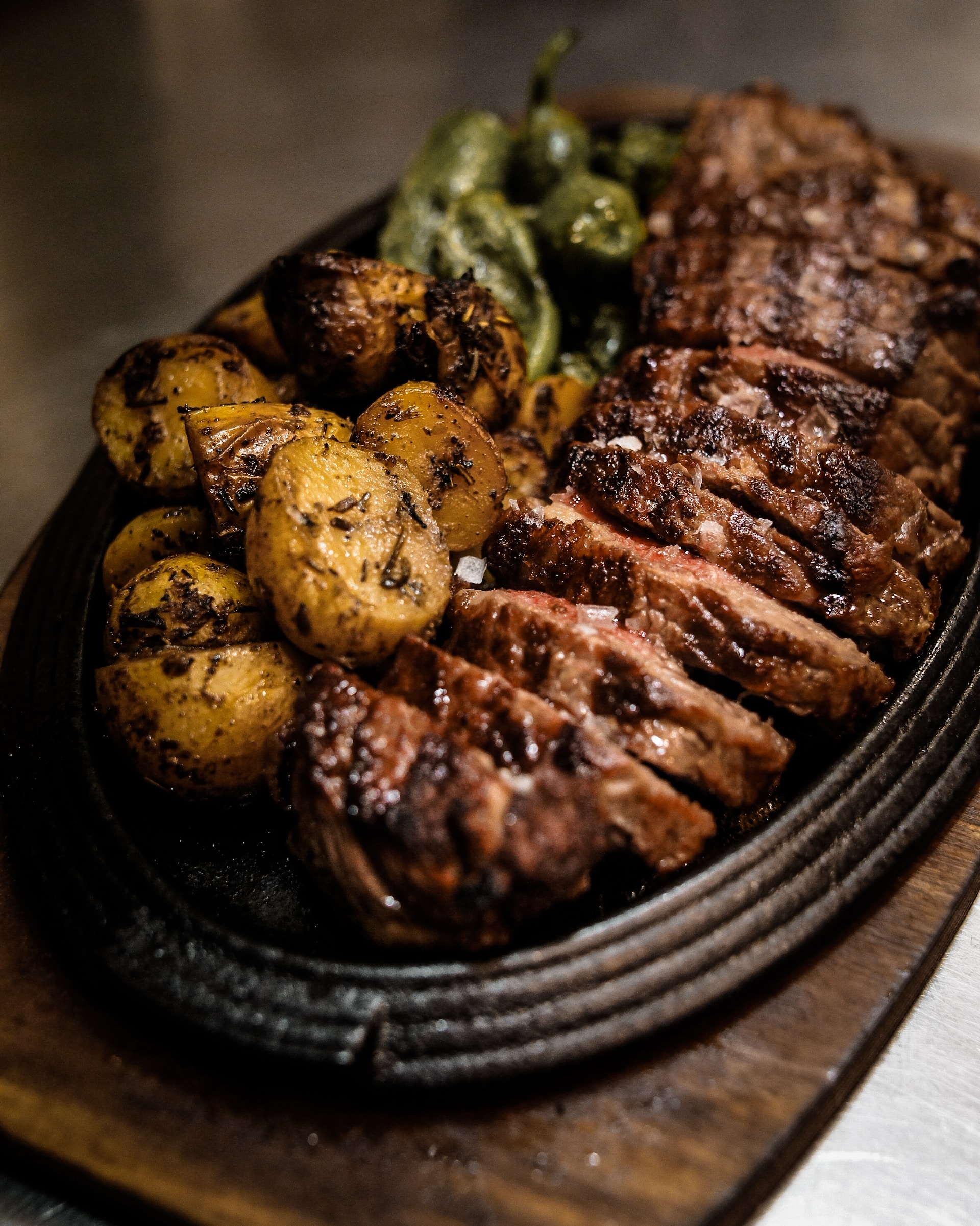I hear the bellow from clear across the house, and we gather, dragging our pajama-clad bodies to come hear the context. It’s a rallying cry that my cousin repeats, louder this time. The timbre of his voice is gravelly; rumbling, coursing with the desire to hunt. But his glance drips with fun. Like we all do, when we tell this tale, he pounds his fist on the dining room table, and it quakes in response. We throw our heads back and echo, in unison.
“Goddamn it, Barbara, you burnt the roast.”
My paternal grandfather, who we’re quoting when we say this, has been dead for a quarter-century. One morning he was a giant and a surgeon, and by nightfall, he’d made my grandmother a widow for the last two decades of her life. This moment that we re-enact, where he’s castigating her for an overcooked dinner… he can’t explain that away. In Bird by Bird: Some Instructions on Writing and Life, Anne Lamott says, “If people wanted you to write warmly about them, they should have behaved better.”
I had always thought, growing up, that this scene had taken place in my father’s youth. I had pictured the doctor, arriving home after performing a fourteen-hour surgery, eager to erase his day with brisket, green beans, and a long sleep. I imagined his three boys, all ears and limbs, sitting at the dining room table, misbehaving. He cuts into a piece of meat that he expects to be just the delicate side of pink, and finds only a dull brown. At the end of the day, only brown.
If I sound like I’m excusing his temper, perhaps I am. Perhaps I want to believe that a charred dinner was the last straw of an evening gone terribly wrong.
“You were there,” my father says when I ask him about it. “You were seven or eight.”
Was I? Memory is strange; the veil of childhood and the fog of trauma stand in front of me, and I cannot see through them to recapture what this moment was like. Even my parents cannot decide if this was Thanksgiving or Passover; they don’t recall the exact configuration of the characters present, but they were there, and so were all three of us kids.
My mother and I talk this through, trying to place the ruined dinner in time. Then, she says something that strikes me, about my grandparents, who are both gone now.
“I don’t think she really minded. It was his personality.”
In my late twenties, I will move in with a man with whom I am romantically involved. He is a 50-something bachelor who rotates the cooking of three or four meals. I don’t cook at all, but something about the whiff of domestication lures me into learning how.
Most of this is done by trial and error. I follow a recipe and hope for the best. Within weeks, I am making lasagne and teriyaki pork tenderloin. I am concocting a roux. I am frying chicken in oil that scalds my wrists. I am making a mess, but a tasty one.
One night, I misstep. I oversalt the duck.
To use the word oversalt is to so deeply misunderstand the depths to which I seasoned this meat, it is almost comical. Aside from the generous layer of salt I rub into its skin, I baste it in salted butter. The duck is crusted in white crystalline brine.
“Wow,” my boyfriend says, after the first bite. He raises his eyebrows, as his cheeks redden. “That’s… salty.”
He takes a second bite, and then a third.
“I ruined dinner,” I cringe.
“Just less salt next time,” he chokes, eating a fourth and final bite. “Let’s order a pizza?”
I think of this now, and I think of my grandmother, who had, by 1987, cooked nightly for my grandfather, for forty years. Was he ever this gentle with his criticism? Did he ever account for the myriad of ways that a roast can burn?
